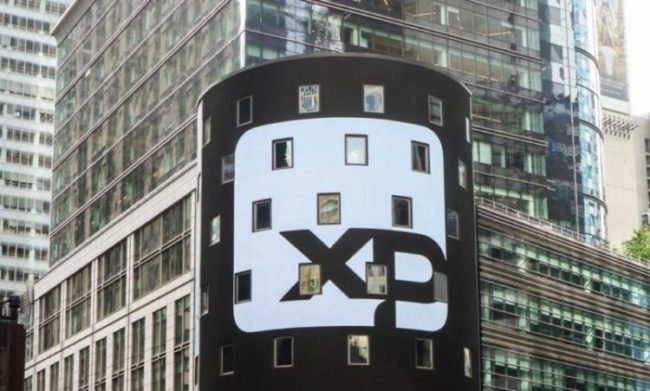Two giants are little known by consumers, even though most have possibly already consumed some of their products used as inputs for the food, pharmaceutical and cosmetic industries
10/19/2022

Texas-based Darling Ingredients agreed to buy the Brazilian company Gelnex for $1.2 billion in cash. This is the biggest deal in Brazil’s consumer sector this year, stitched together by Santander on the selling end and Morgan Stanley on the buying end.
The two giants are little known by consumers, even though most have possibly already consumed some of their products used as inputs for the food, pharmaceutical and cosmetic industries.
Gelnex is one of the world’s largest manufacturers of gelatin and collagen peptides, with four plants in Brazil, one in Paraguay and another in the United States. It exports ingredients used in supplements, cereal bars, dairy beverage, candies, pills, and beauty products to over 60 countries. The company founded in Itá, Santa Catarina, has the capacity to make nearly 50,000 tonnes a year of collagen.
In the competitive process, Darling beat the proposals of international private equity funds and protein giants – Brazilians JBS and Marfrig studied the business, according to Pipeline, Valor’s business website. The relevance of Gelnex’s raw material, which are pork and beef by-products, justifies the interest of the protein companies, which saw high synergy in the operation.
JBS started betting on the segment this year. In August, the meatpacker unveiled an investment of R$400 million in its newly created Genu-In, with ambitions to compete in the market with Rousselot, Darling’s brand, and Germany’s Gelita. Marfrig does not make use of pig skin and bovine leather by-products, it only sells them, which led it to consider a transaction.
The deal has also drawn international funds due to its size since it is not so common in Brazil’s M&A environment checks over a billion dollars. Gelnex was until now controlled by three holding companies – Gel Holdings, Ibo Participações, and Itá Investors – represented by a group of directors but owned by a local businessman.
Darling also operates in other segments, transforming edible by-products and food waste into sustainable products and renewable power. It is a behemoth with 250 plants in 17 countries that reuses almost 15% of the world’s meat industry waste into products such as green energy, renewable diesel, collagen, fertilizers, and feed. Rousselot alone has 11 plants.
The company’s origin can be traced back to a family business in Chicago, but its current headquarters are in Irving, Texas. This is Darling’s second acquisition in Brazil this year alone. South America’s largest country is considered a strategic market by CEO and chairman Randall C. Stuewe. In May, the company unveiled the purchase of the Fasa group for $542.6 million in cash.
“Brazil will play a big role in feeding a growing world population, which makes it a premier location to grow our specialty ingredients business,” he said earlier this year. This time, Mr. Stuewe reinforced the bet on the specific demand for collagen. “Driven by strong growth in demand for collagen products in the global health and nutrition market, we anticipate the collagen peptides market to double in the next five years,” he said in a statement.
With shares traded in the U.S., Darling is valued at $12 billion. The proclaimed sustainability in the company’s business has been reflected in the market: the stock jumped 340% in five years. The size of the acquisition put pressure on the stock on Tuesday, and the company fell by 4%. Even so, they are up 6% this year, compared with S&P500’s 23% drop and Dow Jones’s 17% decline.
Gelnex communicated the operation to employees on Tuesday, Pipeline has learned. The company did not return requests for comment
The deal is expected to be closed early next year, after regulatory approvals
*By Maria Luíza Filgueiras — São Paulo
Source: Valor International

/i.s3.glbimg.com/v1/AUTH_37554604729d4b2f9f3eb9ad8a691345/internal_photos/bs/2022/B/X/iLPGUdS2GrhyQ3bgLCPg/dsc5829-20copy.jpg)
